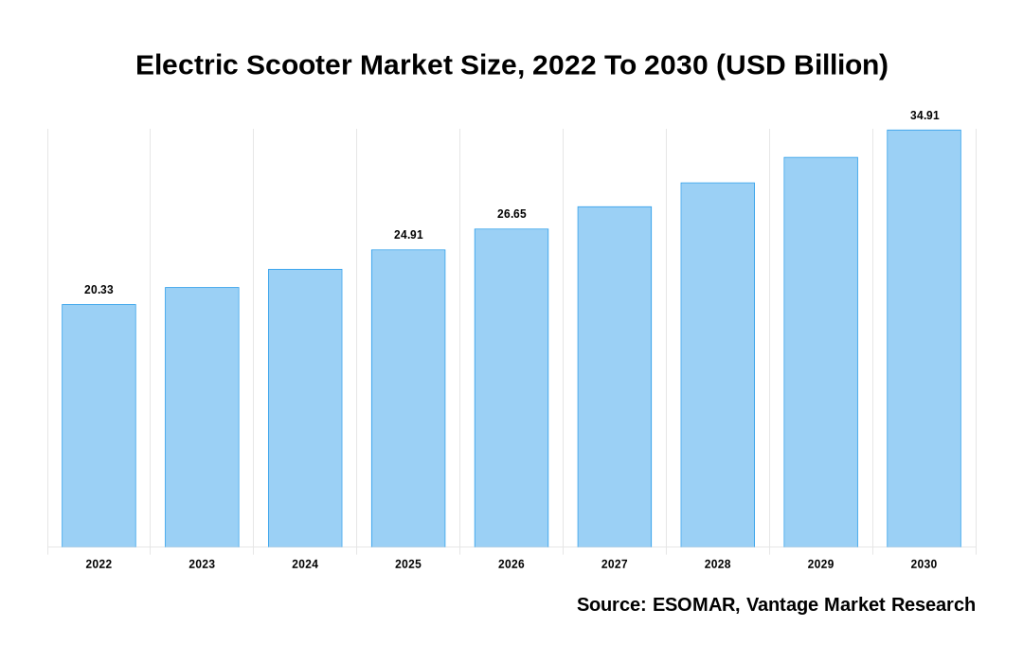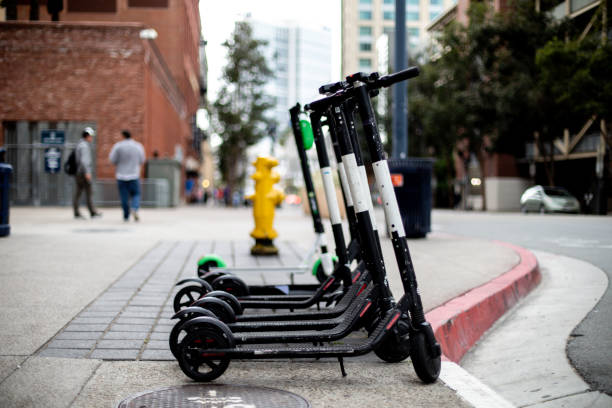In the ever-evolving landscape of urban mobility, Brussels has taken a bold step forward by unveiling a comprehensive set of regulations for shared micromobility services. The most popular form of micromobility, shared e-scooters, has boomed in popularity in recent years. They are mostly popular amongst young people for the flexibility they offer. Surfing on the growing popularity, many companies started offering micromobility services, leading to an abundance of these scooters. At this point, the abundance of these scooters became part of the street image of cities, to the annoyance of many people as well. Brussels announced a new set of regulations aimed at striking the right balance in offering public space for micromobility. These regulations aim to shape the future of urban transportation in the city. The forthcoming rules allocate a limited amount of licenses for e-scooters, bicycles and cargo bikes, for which micromobility businesses will have to apply. The three-year licensing contracts are said to start on January 1, 2024, and come with specific prerequisites, including the utilization of green electricity and demonstrate commitments to battery recycling.

New way forward for micromobility
Brussels is set to introduce a comprehensive set of regulations for shared micromobility services, signaling a significant step forward for urban mobility. Under these upcoming rules, licenses will be granted for 4,000 e-scooters, 2,500 bicycles, 300 e-mopeds, and 150 cargo bikes. Operators must submit separate proposals for each mode of transportation.
The award criteria for operators will encompass accessibility, quality, road safety, socio-economic and environmental impacts, parking compliance, fleet management to minimize traffic disruptions, integration into Brussels’ transport ecosystem, and prior experience. Candidates must categorize their proposed actions as planned, under development, or implemented, with specified timelines for planned actions. Assessment will be based on criteria such as parking compliance, user safety, service management, environmental impact, and others. The timeline for this regulatory process started with publication on September 18 and results announced from December 4 to 8. This comprehensive framework aims to ensure that shared micromobility services in Brussels are safe, environmentally friendly, and well-integrated into the city’s transport landscape.
Paris’ war on e-scooters
Brussels’ approach stands in great contrast with the route Paris took. In Paris a referendum was held that aimed to decide whether to allow or ban electric scooters on the city’s streets. Several e-scooter companies resorted to offering enticing discounts to persuade Parisians to vote in favor of keeping e-scooters. Despite their efforts, the referendum concluded with a decision against e-scooters, leading to their subsequent ban in the city. This scenario highlights the significant impact of public opinion and regulatory measures in shaping the future of micromobility services within urban settings like Paris.
But, it is questionable whether a referendum is an appropriate instrument to decide on such a matter. You’ll end up in one of two situations, either a complete ban that will leave micromobility users dissatiasfied or you end up with status quo. Neither option brings you closer to integrating the novel mode of transport into the city.
Going forward
The next logical step from Brussels’ approach, is to add monetary selection criteria and let e-scooter companies pay for the right of the public space. The e-scooter companies will then likely pass-on that cost to the users, which will decrease the use of these scooters to the desired level. To put it more economically rigorously, putting a quota on the amount of these scooters would, once it includes monitary selsection criteria, iternalise the damage to the street image and lead to a desirable level of use.
Banning access to a good or service, on the other hand is never the best idea since you are left with a dissatisfied group that otherwise would be willing to pay to use that good. By denying acces to a good or service will always mean a loss to society, since you do not allow supply and demand to equal each other.
Conclusion
Brussels has taken a commendable step forward in the realm of urban mobility by unveiling comprehensive regulations for shared micromobility services. These regulations, set to launch in 2024, licenses the use of e-scooters and other forms of micromobility. This approach stands in stark contrast to Paris’ referendum-based ban on e-scooters, highlighting the importance of thoughtful regulation over outright prohibitions. Going forward, introducing monetary selection criteria for companies to pay for public space usage appears as a logical next step, ensuring a balanced and sustainable micromobility landscape while avoiding the drawbacks of bans. Brussels’ forward-thinking approach sets an example for other cities seeking to navigate the evolving urban mobility landscape.





Leave a comment